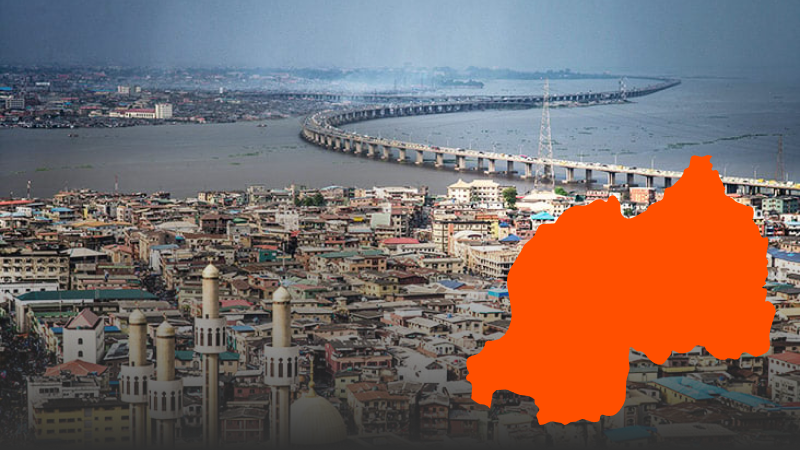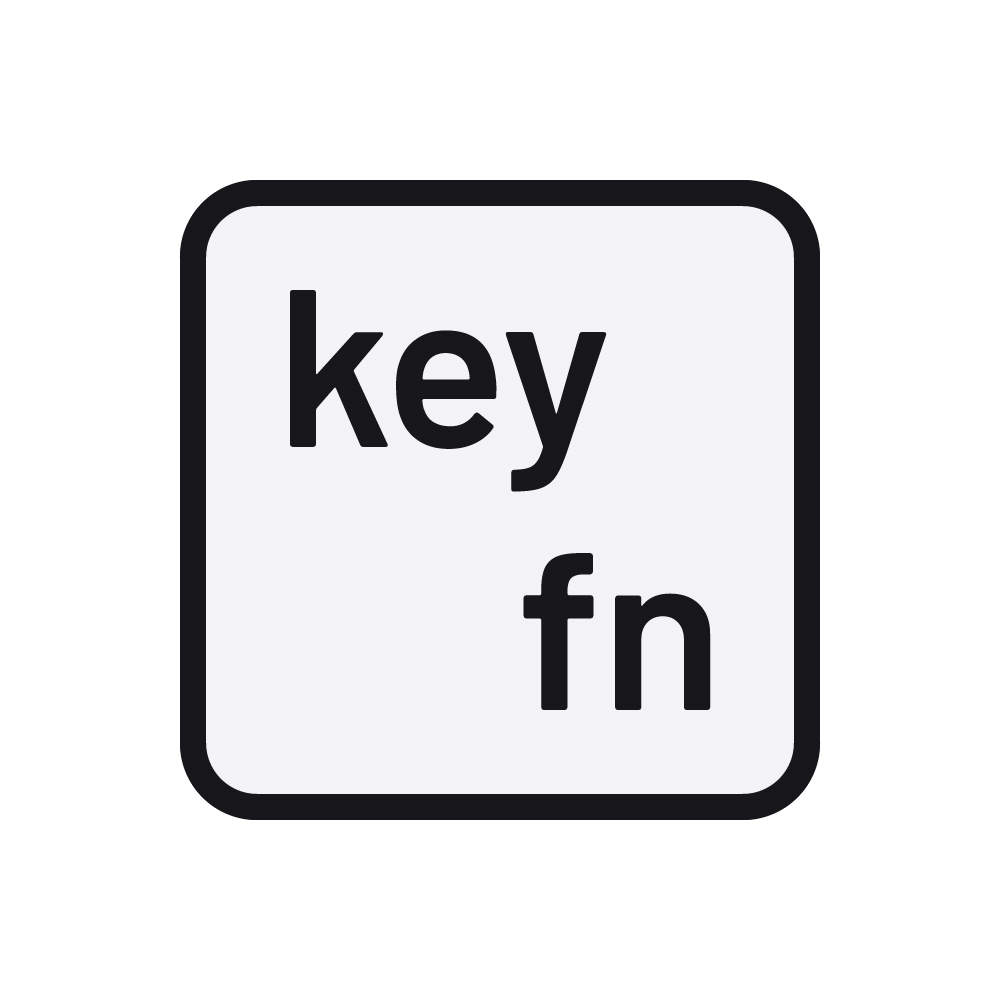Country Profile: Nigeria

About
Located in West Africa, Nigeria is the world's 7th populous country, and the 1st among all African countries. With English being the only official language, major cities are friendly towards foreign entrepreneurs beyond the primary industry of oil and petroleum. Basic infrastructure has been developing for the last half century, leading to a great influx of rural people into urban areas. As one of the top host economies for FDI in Africa, it is a promising growth pole of the continent. It has attracted numerous investors in the field of hydrocarbon, energy, and construction, to match the growing consumer needs.
Factsheet
Capital
Lagos
Area (km²)
924K
Official language
English
Currency
Nigerian Naira (NGN)
Population
224M
(2023)
Natural increase
26.1
(2020)
GDP (USD)
473B
(2022)
GDP per capita (USD)
2163
(2022)
Real GDP growth
2.9
(2023)
GDP composition
Agriculture 24%, Industry 31%, Services 44%
(2022)
Major cities
Lagos, Kano, Ibadan, Benin City, Port Harcourt
Port
6
Int'l airport
5
Imports (USD)
4.4B
(2022)
Exports (USD)
3.0B
(2022)
FDI stocks (USD)
88.2B
(2022)
Inward FDI (USD)
3.9B
(2022)
Opportunities
Nigeria intends to diversify its economy away from oil and gas. Inflow FDI has been established with powerful nations; the UK has a long history of trade and investment; China has become an increasingly important role with infrastructure projects such as roads, railways, and power plants; while the US focuses on supporting the oil industry. The country started to promote the domestic manufacturing sector aiming to fulfill nation-wide consumer demand, and to increase export volume to nearby countries. Manufacturing sector as such is being benefited, will be integrated into global value chains and boosted productivity by new equipment and the growing young workforce. Its power sector still requires tremendous investor confidence to enhance local living standards.
In order to catch up with the population growth, the government is incentivizing foreign businesses to create more jobs. 5-year tax holiday for agro-industrial ventures, a guaranteed agricultural credit scheme by the Central Bank of Nigeria (CBN), subsidized fertilizers and zero import duties on raw materials used to make livestock feed; these are just some highlights. Business facilitation by the Nigerian Investment Promotion Commission (NIPC) removes constraints of running a local business with service assistance in investor visas, incorporation and permits, customs issues, and more. Meanwhile, the Nigerian Export Promotion Council (NEPC) has launched the Export Expansion Grant (EEG), together with Nigeria Export Processing Zones Authority (NEPZA) to take responsibility for promoting and facilitating local and international investments.
Strengths
Strong domestic market
Nigeria is the world's 7th populous country. Africa's highest GDP. Active international ports
Economic diversity
Main sectors include oil and gas, agriculture, telecommunications, banking, real estate and manufacturing
Tech innovation
Vibrant startup culture encourages innovation and enterprise growth. Investments are driving digital transformation
Reasons to invest
Natural resources potential
Besides the known growing agricultural industry, hydrocarbon resources are attracting attention
Economic liberalization
Policies are opening up to promoting collaboration between public and private sectors including foreign companies
Youthful workforce
Dynamic and youthful workforce presents skilled and energetic productivity for new businesses
Looking to Invest?
Meet our specialists to explore allocating investments or operating projects in Nigeria.
Schedule a call